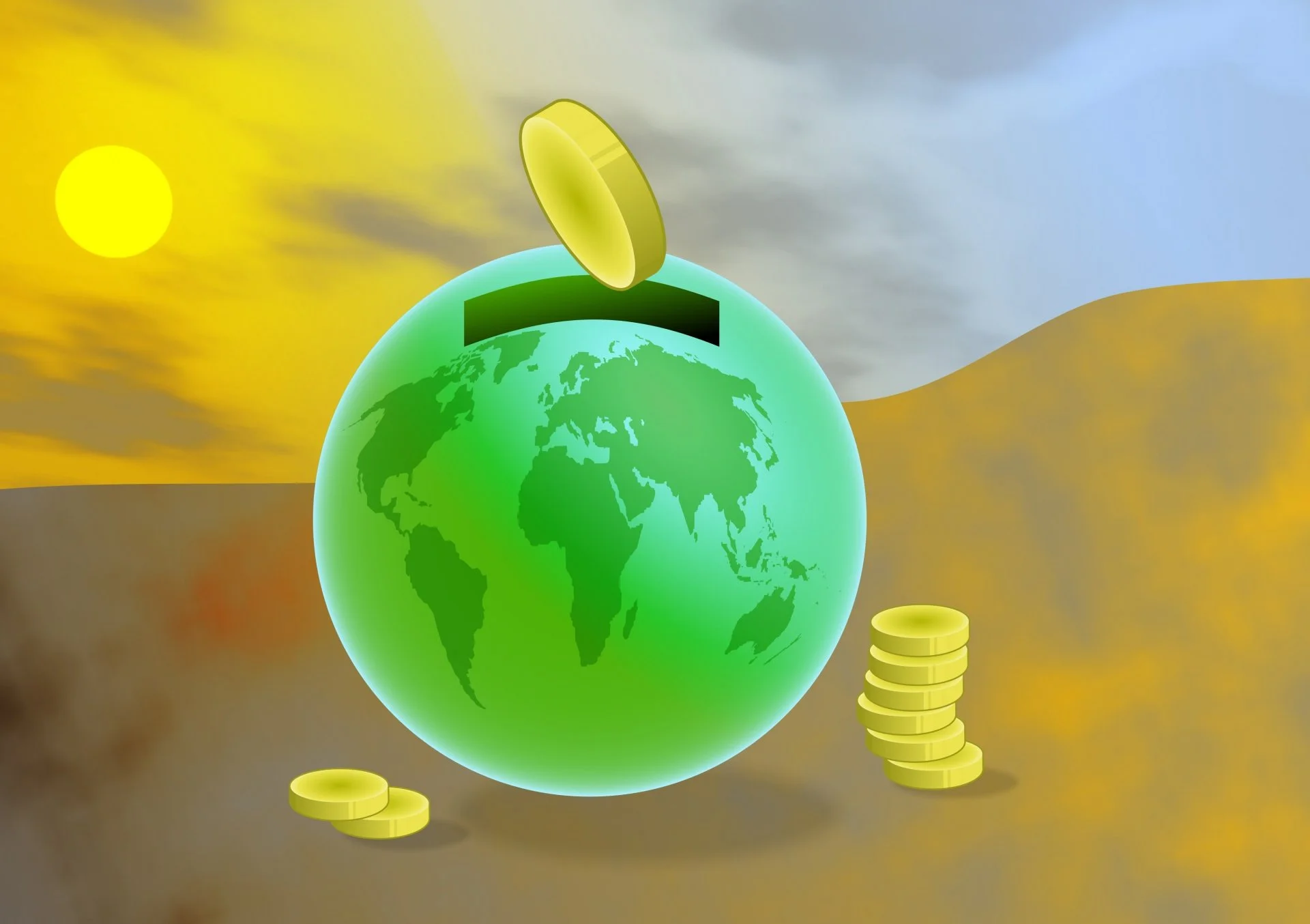Most of us do not care how software runs, whether that software is on our computers, our televisions, or our toasters - we just need it to work. However, part of the reason open source software has expanded is because it's in an ecosystem where developers and maintainers are trying to look at the code, use it, modify it, improve it, and even redistribute it. In fact, this concept is so integral to open source software, that many open source software licenses demand that any projects derived from licensed work also be open source, and allow others to use it, copy it, modify it, and distribute it. So, if a company does not adhere to the terms of the license, can you, as a consumer who should have the ability to view the source code of your smart appliances, sue them for breach of contract? If you can, what does that mean for open source software licenses, including ethical open source software licenses, going forward?
Google Breaks Its Promise On A.I.—Ethical IP Licensing Would Have Made That Very Hard To Do
Three years ago, we blogged about the successful campaign by Google tech workers to persuade the company to withdraw from Project Maven—a United States Department of Defense program aimed at using artificial intelligence (A.I.) to rapidly analyze and identify drone targets. More than 4,000 Google employees signed a letter to Google’s CEO, Sundar Pichai, demanding that Google “not be in the business of war.” The internal revolt worked: Google declined to renew its contract for Project Maven and published a set of A.I. principles—including a vow that no future A.I. endeavor would be used for “weapons…whose principal purpose or implementation is to cause or directly facilitate injury to people.”
Advancing Ethical Licensing and the Launch of Hippocratic License 3.0
CAL, in partnership with the Organization for Ethical Source (OES), has launched Hippocratic License 3.0 (HL 3.0), an ethical open source software license designed to: (1) offer software developers a license that clearly defines what kind of behavior a potential licensor must adhere to, by basing the ethical standards section of HL 3.0 in international human rights norms; (2) extend software developers the ability to add additional ethical standards clauses to further champion a variety of specific human rights causes; (3) provide software developers the most enforceable ethical open software license to date; and (4) create an opportunity for victims of human rights violations to seek legal remedy through a private right of action.
Introducing Our New Staff Attorney Samee Haque, and And Why IP Law is the Perfect Bridge Between Ethics and Tech
CAL is continuing to expand its presence in the IP space with the addition of our newest staff attorney, Sameeul Haque. In this introductory blog, Samee discusses CAL’s work with Ethical Source, an organization dedicated to empowering those in the open source tech community to exercise their rights as developers to ensure that their software is used for social good and in service of human rights. You can reach Samee by email at sameeul@corpaccountabilitylab.org.
Introducing CAL IP Assignment Clauses
CAL creates outside-the-box legal mechanisms that give motivated individuals the ability to promote human rights norms by enforcing their own rights.
Google's AI Principles and the Battle for Humanity
Earlier this year, advocates and tech workers successfully lobbied Google to abandon a project with the Pentagon, code-named “Project Maven.” Google’s role in the project was to provide artificial intelligence (AI) that would analyze massive amounts of surveillance data for drones. I imagine if you did a survey of human reactions to enlisting artificial intelligence to figure out who to kill with a drone, the average person would check the box next to “dystopic hellscape.”
How You Can Create a Better World: A Primer on Ethical Intellectual Property|PT. 3
In part 2, I described how the intellectual property (“IP”) morals clause has enormous potential for economic activism. It’s something that we badly need if we want to ensure that our own IP doesn’t end up fueling unethical supply chains, and it’s something that nobody currently uses.
How You Can Create a Better World: A Primer on Ethical Intellectual Property|Pt. 2
In part 1, I described the creation of the +CAL copyright licenses. I explained how and why our licenses ensure that the people and environmental inputs that comprise global supply chains are protected by the same “duty of care” that we have as consumers in the United States. Wonky lawyers may be quick to see why this is big deal, but fortunately we’re not all wonky lawyers. In this part, I’m going to discuss in economic terms why our licenses are exciting and why they lay the groundwork for a new frontier in economic activism.
How You Can Create a Better World: A Primer on Ethical Intellectual Property| Pt. 1
Background
In March 2017, I began working with CAL on a copyright license. Our intent was to create a license that could be used by anyone to condition the use of their copyrighted works on the user’s *contractually enforceable* promise to protect human rights and the environment across the supply chains in which the copyright is used. This is a three-part post is about the creation of the license, the discovery of some exciting new potential for intellectual property commons and economic activism, and the birth of a new folk hero of the commons named activistartmachine. You can shortcut to our software license here and our Creative Commons Plus license here.














